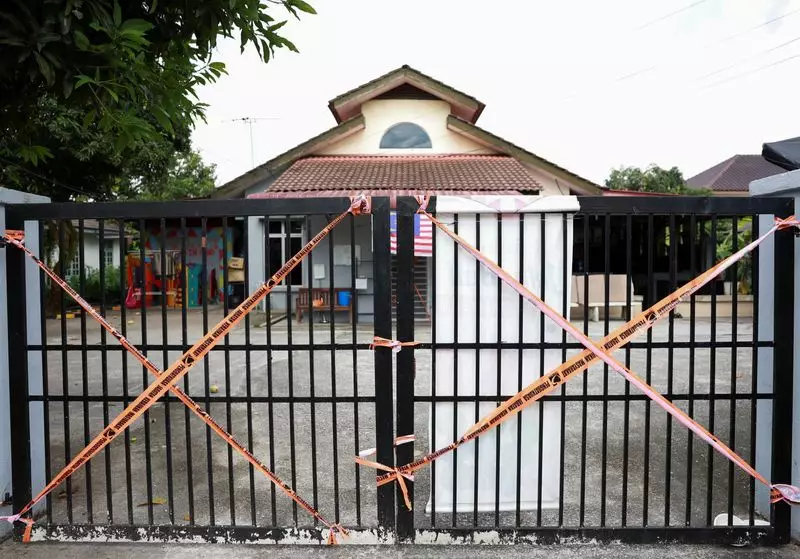Global Ikhwan Services and Business Holdings (GISB) positions itself as a Malaysian conglomerate dedicated to promoting an Islamic way of life, as inspired by the teachings of Prophet Muhammad. However, recent events have cast a long shadow over the organization’s reputation. Concerns regarding the safety and welfare of children at charity homes connected to GISB have led to police investigations and the rescue of numerous children allegedly facing abuse. The spotlight has once again turned to GISB’s controversial connections to a sect that has been outlawed by the Malaysian government for nearly three decades.
At the heart of GISB’s contentious history lies its association with Al-Arqam, a religious sect led by Ashaari Muhammad. Banned in 1994 for alleged heretical teachings, Al-Arqam initially attracted a large following with its focus on religious discourse. Its tenets, however, were condemned by Malaysian authorities, who deemed them deviant. While GISB acknowledges its roots in Al-Arqam, claiming it has distanced itself from the sect’s controversial beliefs, the overlaps remain troubling for many. The sect’s founder, Ashaari, was controversial in his own right, having claimed supernatural powers and promoting polygamous relationships, which has influenced various aspects of the organization’s philosophy.
Despite the serious allegations surrounding the charity homes, GISB vehemently denies any wrongdoing. The organization’s leadership claims it does not operate the homes in question and refutes all accusations of sexual abuse. Yet, the rhetoric from GISB’s executive director, who acknowledged that “one or two” instances of sodomy occurred, raises eyebrows about the extent of these issues. The contradiction between outright denial and the admission of some degree of misconduct creates a precarious situation for GISB, which appears to straddle the thin line between presuming innocence and confronting a disturbing reality.
The recent police raids conducted in response to growing public outcry have triggered a deeper examination of GISB’s activities. Islamic leaders and former members have voiced allegations of worker exploitation and the perpetuation of deviant teachings, calling for a thorough inquiry into the organization’s practices. Notably, Abu Hafiz Salleh Hudin, an Islamic lecturer, has spoken out about reports he received regarding the welfare of workers connected to GISB. This outcry has not only illuminated the organization’s operations but has also prompted authorities to expand their investigation into potential money laundering and the management of religious schools linked to GISB.
Implications for the Community
For the residents of Bukit Beruntung, where police conducted significant raids, the implications of GISB’s alleged misconduct run deep. Community leaders and local residents are expressing profound shock and concern over the abuse allegations linked to the organization. The fear of harboring a potentially abusive institution within their midst has spurred discussions about the legitimacy of activities that masquerade behind a facade of religious adherence. Such revelations challenge the trust that many communities place in organizations that claim to operate under Islamic principles.
Ashaari Muhammad remains a controversial figure whose legacy continues to haunt GISB. After his imprisonment in the 1990s and ultimately succumbing to death in 2010, the sect he led was not easily forgotten. The Malaysian government’s efforts to outlaw related entities, such as Rufaqa Corp, serve as a reminder of the ongoing tension between state authority and religious movements. The enduring influence of Al-Arqam’s ideology within GISB raises critical questions about the organization’s legitimacy and commitment to ethical practices.
The unfolding events surrounding Global Ikhwan Services and Business Holdings underscore an urgent need for transparency and accountability. As authorities delve deeper into the organization’s practices, the echoes of its controversial past cannot be ignored. The protection of the most vulnerable—particularly children—must remain a priority, as investigations into potential abuse reveal troubling signals within an entity that claims to adhere to an Islamic ethos. The challenge now lies in reforming a structure that has, over time, become intertwined with both social responsibility and alleged exploitation. The community’s pursuit of truth will be pivotal in shaping the future of GISB and healing the wounds of those affected by its actions.

